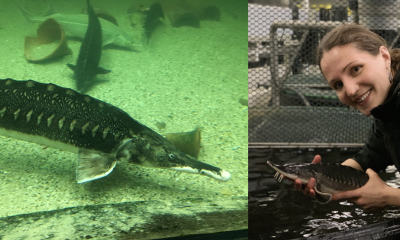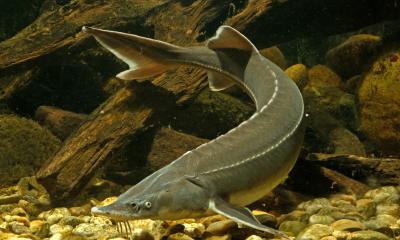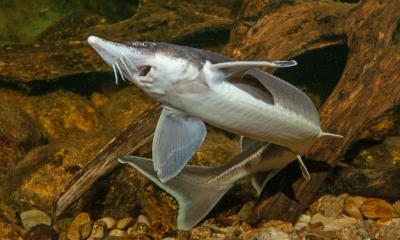STURGEoNOMICS
Short profile
Duration
This project used whole genome-based approaches for the improvement of aquaculture in two marine sturgeon species: Atlantic sturgeon (Acipenser oxyrinchus) and Beluga (Huso huso), characterized by large maximal size, fast growth and relatively compact genomes.
Our consortium (see project partners to the lower right) involved research experience in both aquaculture and genomics from Germany, France and Romania. Based on advanced preliminary work, our first common objective (work package, WP1: France/Germany) was to generate high quality genomes for H. huso and A. oxyrinchus. Secondly, we (WP2: Germany/France) aimed at characterizing the genetic sex determination, using genomics and gonadal transcriptomics to prepare future molecular biotechnological tools for commercial aquaculture (female-biased breeding, meat, caviar) and species conservation.
Our third aim (WP3: Germany/Romania) was population genomics as a basis for improvement of aquaculture breeding and re-stocking, specifically elucidating the genomic substructure of native Atlantic sturgeons and re-stocking populations (Germany) and of the remaining Beluga stocks from the Danube (Romania). This helped avoid inbreeding in aquaculture and improved genetic make-up and broodstock management for ongoing restoration programs of endangered sturgeons and for sustainable fishery.
As a fourth aim (WP4: Germany/Romania), whole genome information (positively selected genes) and transcriptome (RNAseq) analyses served to experimentally extract genomics-derived candidate genes related to target traits (growth, disease resistance, sex determination) in captive-bred offspring in order to improve management strategies and breeding for commercial and conservation-related aquaculture.
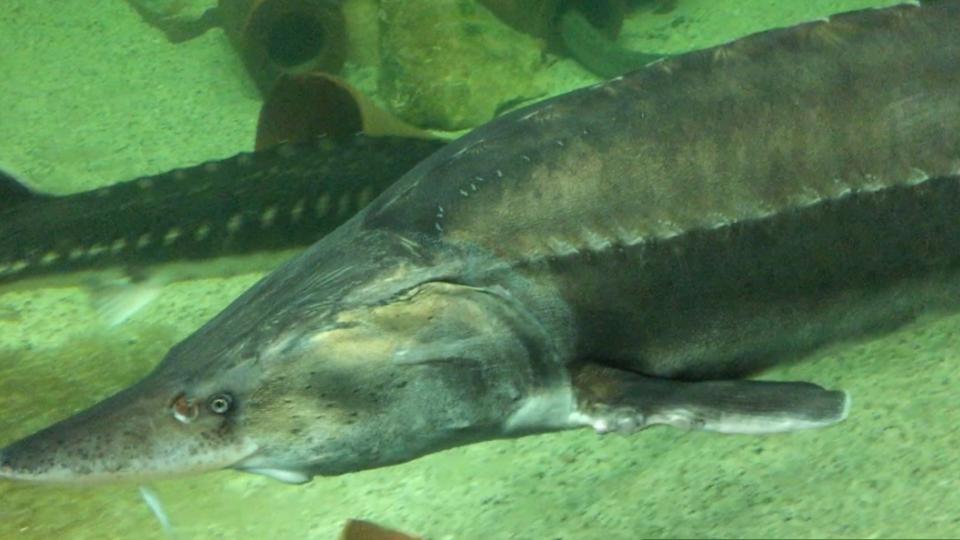
Beluga (Huso huso); photo: Matthias Stöck
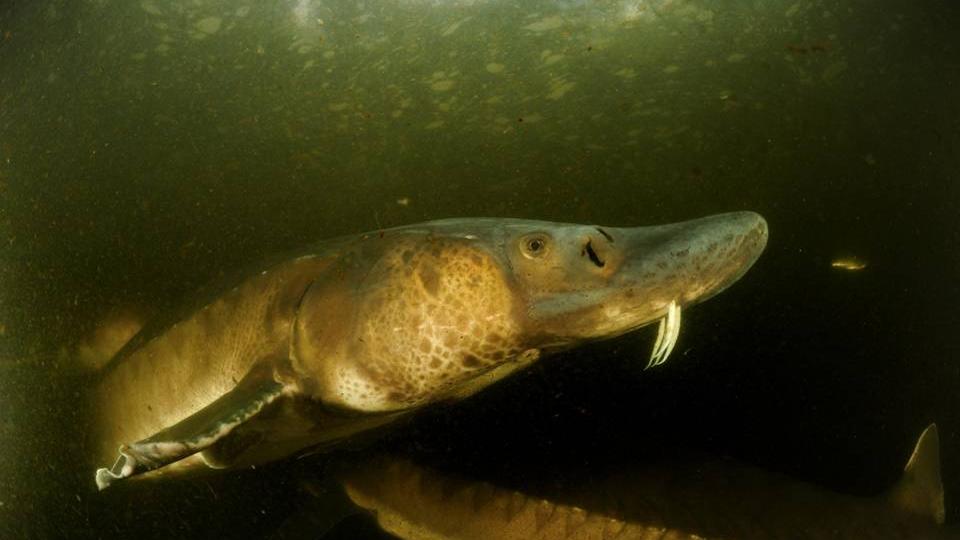
Atlantic sturgeon (Acipenser oxyrinchus); photo: Solvin Zankel





